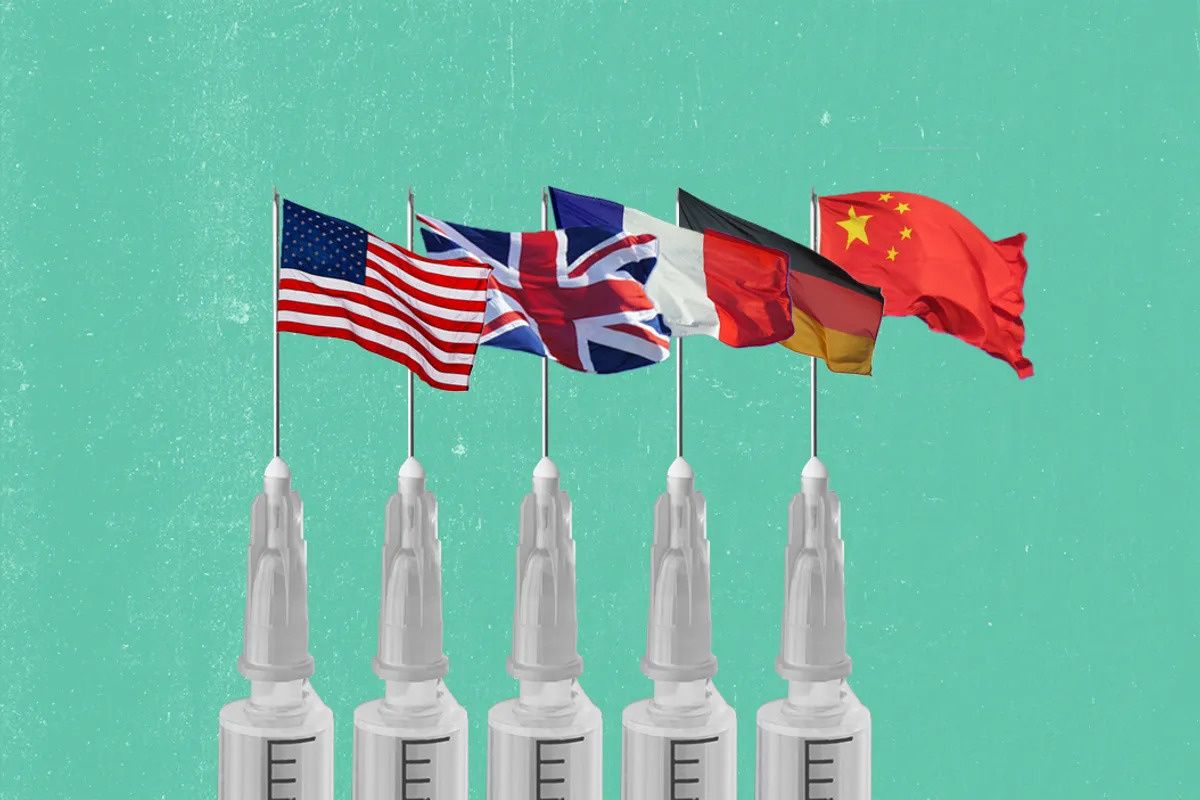News
September 30, 2020
12 billion: The World Bank is considering spending $12 billion to help poor and middle-income countries gain access to a COVID-19 vaccine when it becomes available and is proven to be safe. The multilateral lender previously committed to a $160 billion global coronavirus aid package.
6: A US federal appeals court in Wisconsin on Wednesday rejected a challenge by the Republican Party to extend counting of absentee ballots up to six days after the November 3 election, as requested by the Democrats. Wisconsin — where mail-in votes can be received until the end of Election Day itself and polling stations are bracing for a massive surge in absentee voting due to COVID1-19 — is a must-win battleground state for President Donald Trump.
9.5 million: A Japanese court has ruled that the government and the country's main power utility must pay $9.5 million in damages to the survivors of the 2011 earthquake and tsunami. The twin disasters caused a meltdown at the Fukushima nuclear power plant that led to the world's worst nuclear crisis since Chernobyl in 1986.
60: Nigeria celebrates 60 years of independence on October 1. The anniversary comes as Africa's most populous country and largest economy grapples with a pandemic-fueled economic crisis and still struggles to eradicate widespread poverty despite its fabulous oil riches.
More For You
- YouTube
Alina Polyakova, President and CEO of the Center for European Policy Analysis, warns that NATO faces a defining moment.
From the sidelines of the 62nd Munich Security Conference in Munich, Polyakova told GZERO's Tony Maciulis that the Arctic has become “an arena of incredible global competition,” with Russia and China expanding their ambitions. While President Trump’s focus reflects “the right instincts” on security, she argues allies must strike a mutual deal to secure the region together.
Most Popular
Think you know what's going on around the world? Here's your chance to prove it.
Every year, the Munich Security Conference, the world’s leading forum on international security, releases data that sheds light on how citizens view global risks.
The US government reportedly plans to fund MAGA-aligned groups in Europe. The stated aim is to oppose European laws on online speech.
© 2025 GZERO Media. All Rights Reserved | A Eurasia Group media company.
